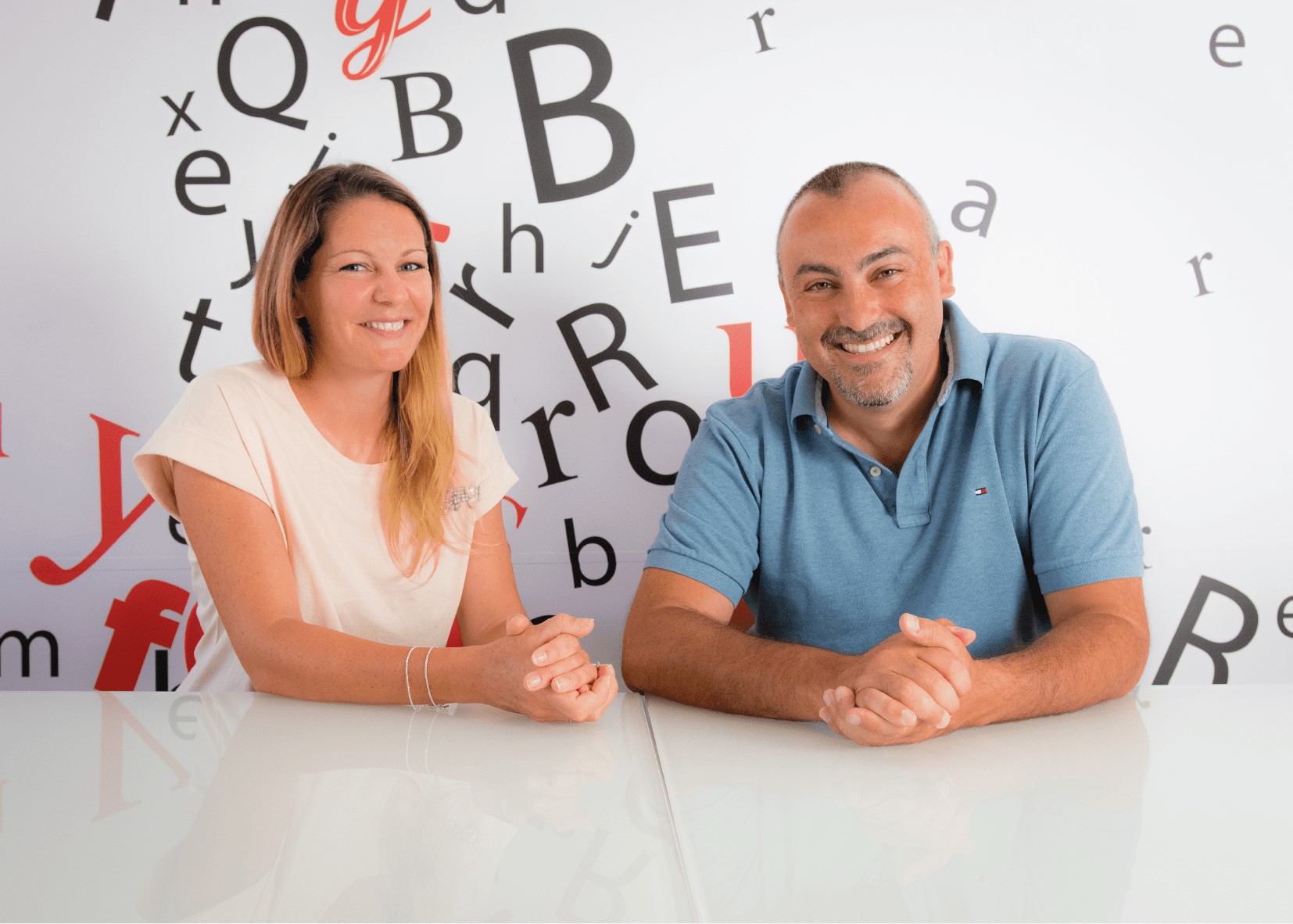
 Millionaire
Millionaire
Italian good news: We're going to improve the human-machine relationship
- WTI Magazine #141 Jul 17, 2021
-

 Millionaire
Millionaire
He solved among the first what is considered a universal problem. The problem of language. He did it by building a symbiotic relationship between man and machine. His name is Marco Trombetti.
In 1999, with his wife Isabelle Andreu, he founded Translated, a translation service in 194 languages that uses artificial intelligence and humans. And today, 22 years after its birth, he closes the first round. A super round for Italy. It has just raised $30 million, including $25 million from the French fund Ardian Growth, one of the largest funds in Europe with an endowment of 110 billion under management. "European funds understand the language problem better than American ones," he says.
Marco is an astrophysicist and computer scientist. Isabelle is a linguist. They meet in France as students, fall in love. She finishes college, then moves to Rome, and starts working for a company.
"We founded Translated because we wanted to spend time together. We both saw the problem of language as one of the biggest for humanity. The more people are able to understand each other, the more we can achieve great things."
These are the years of the Internet boom, of the first bubble. The two start out among a thousand difficulties. "In Italy there was nothing, we were open abroad since day 1". Marco immediately goes to Silicon Valley to look for clients and talks to everyone. He meets Google. Since 2004 he has been exclusively translating all advertisements for them. Then it was the turn of Airbnb. Their English site was translated into 62 languages by Translated. Marco receives continuous acquisition proposals. He even turns down one from Google. He does everything he can to attract traffic to his site.
Today, Translated, based in Rome, is one of the largest translation companies in the world. It has 150,000 clients. In 20 years, it has grown 31.8% each year and its valuation is in the hundreds of millions of dollars. It has a turnover of 40 million euros. Profits: 10 million. 100 employees.
"We were the first to work on machine-human symbiosis. We develop technology that suggests an initial translation to humans. Then a real-life translator corrects, improves, fixes and the machine learns. Increasingly pursuing man. We work with 200,000 professionals. We have evaluated them all thanks to a machine learning strategy, learned from Paul Graham, the founder of Y Combinator". The result? Half the time and better quality.
"A machine brain is 1,500 times smaller than a human brain. It's the size of a mouse's, but it's already magical that it can translate and learn. With new funding, we can accelerate. On the one hand, bring our technology available to companies, and on the other hand, make the machine brain look more and more like the human brain. We need to improve the hardware part, the amount and quality of data we can process, and the machine learning capability. Unlike Google, Apple, Amazon, who are developing technologies that replace humans, we believe this is not possible. The right path for language is symbiosis."
In 2015 Translated is awarded by the European Commission. In 2017 it is named by the Financial Times as one of the fastest growing companies in Europe.
"I think it worked in our history that we were 'naive'. We underestimated problems and moved forward where others gave up. I didn't know, for example, that machine translation was the problem Alan Turing was working on when he was thinking about his electronic calculator. I jumped on a problem, not knowing how big it was."
Translated's offices are in Rome, Silicon Valley style ("but with Olivetti's philosophy inside too"): former luxury villas, in the Roman EUR neighborhood, with swimming pool and masseur. "I did it to attract talent, because that was my biggest difficulty," Marco says. Visionary, investor, in 2007 he co-founded Memopal, later sold to a company listed on the London Stock Exchange. And with the profits he co-founded Pi Campus, a venture capital firm that invests in early-stage technology startups, especially in the field of artificial intelligence.
To young innovators, he says, "First, be naive and surround yourself with naive people. You recognize them because they try to do things that everyone else around them deems impossible. Second: never evaluate opportunities based on their current value. Human beings underestimate the power of computing growth, of exponential growth. Yet the things that grow more are at the beginning the smallest ones".